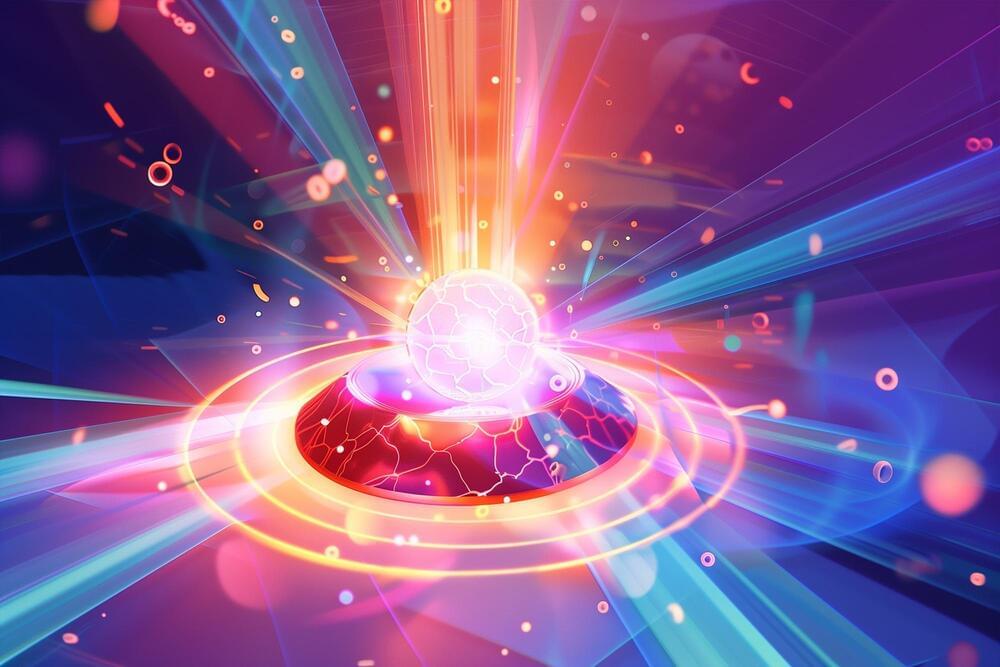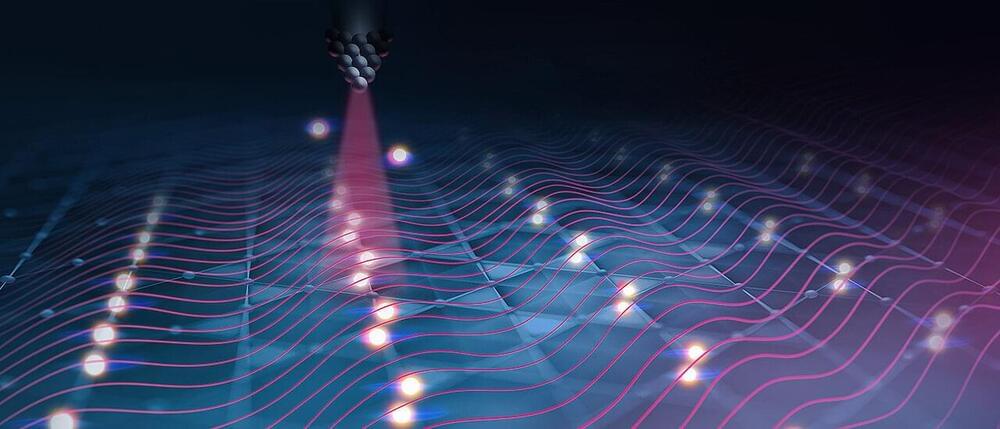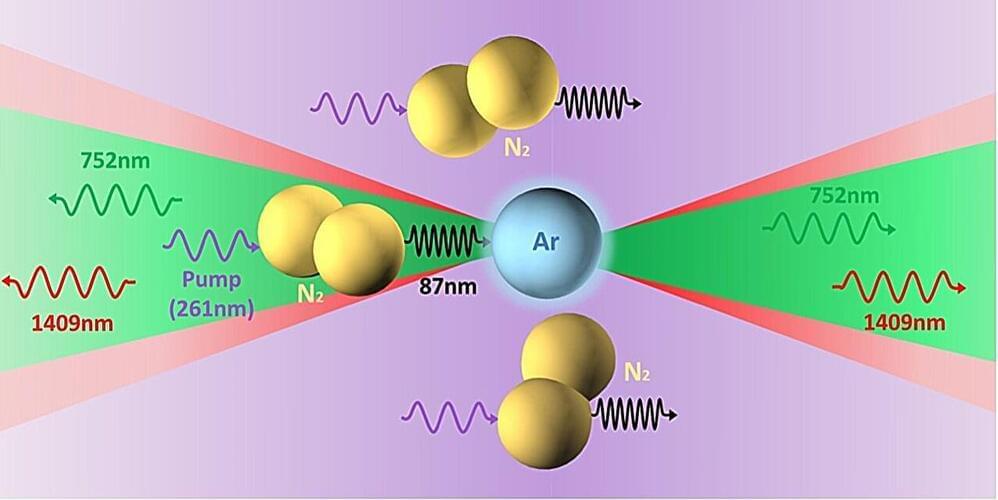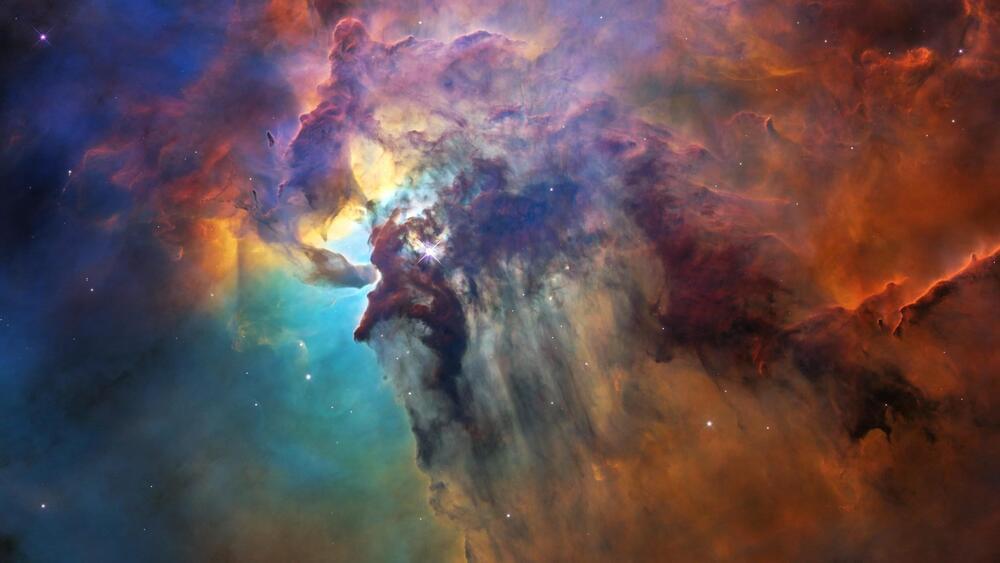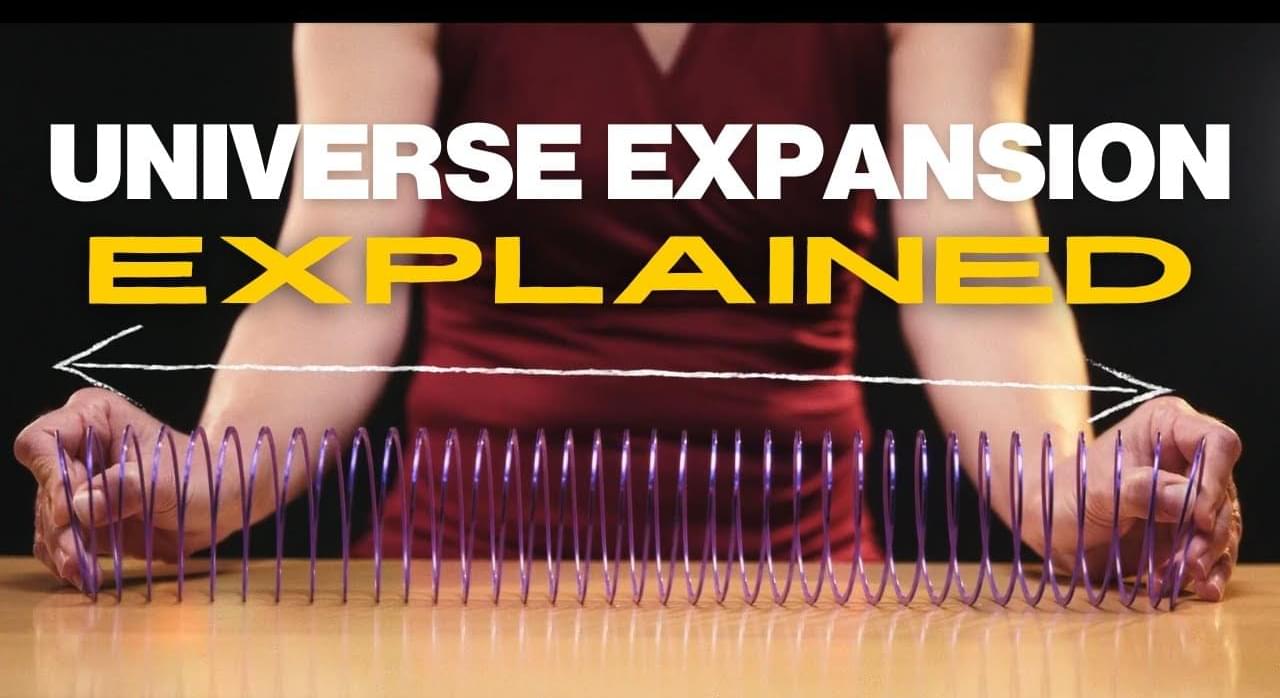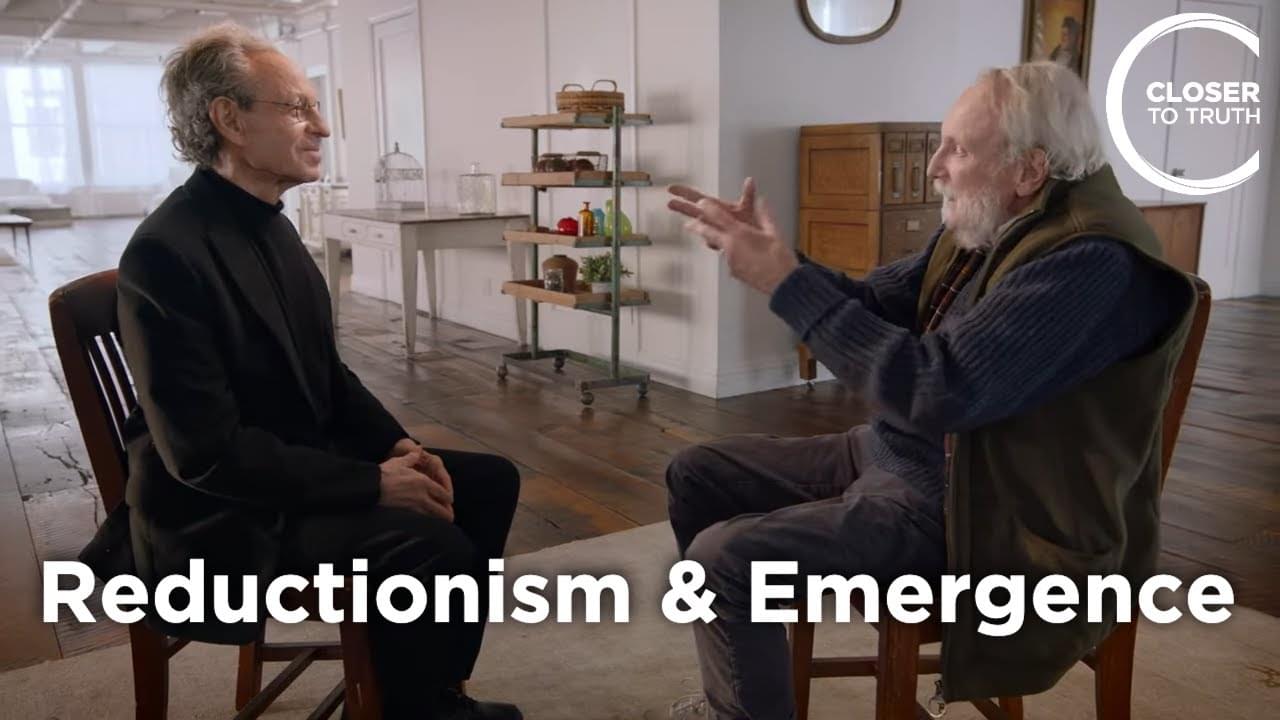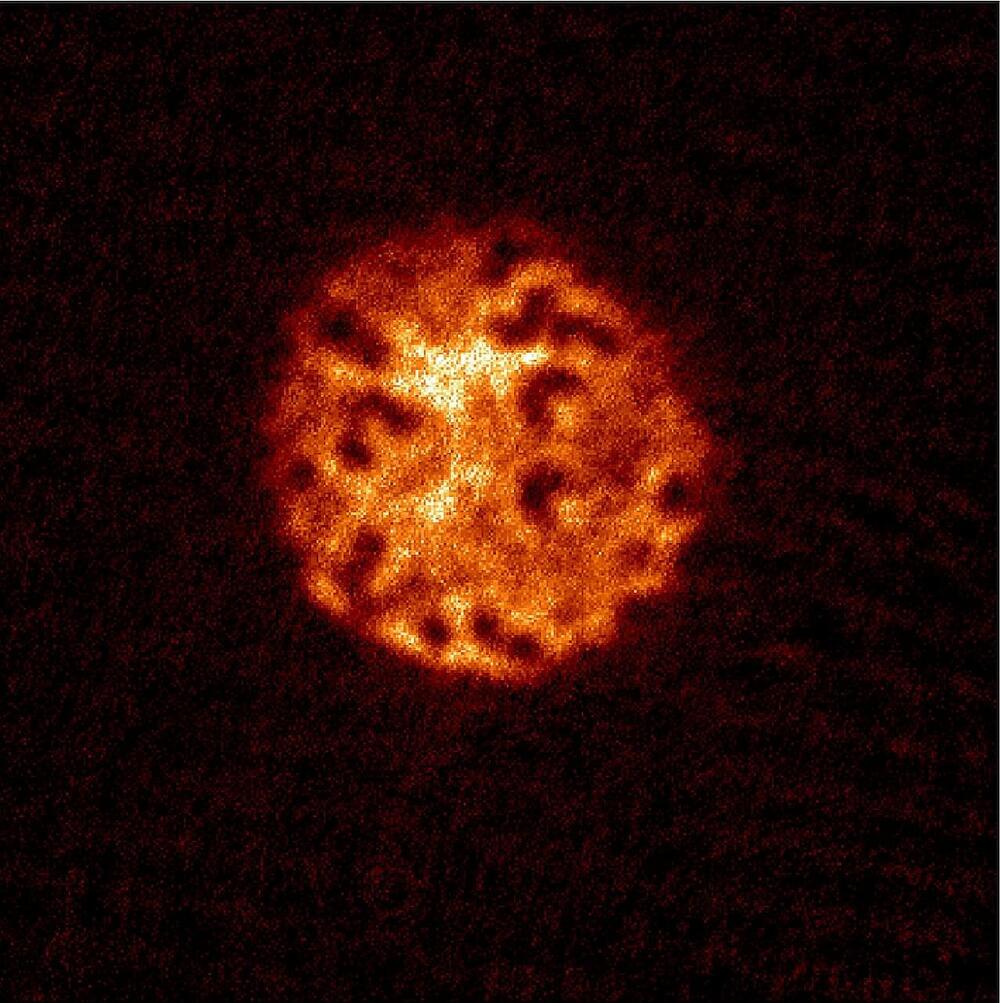Aug 25, 2024
Can Supercooled Phase Transitions Explain the Gravitational Wave Background Observed by Pulsar Timing Arrays?
Posted by Dan Breeden in categories: cosmology, physics
Several pulsar timing array collaborations recently reported evidence of a stochastic gravitational wave background (SGWB) at nHz frequencies. While the SGWB could originate from the merger of supermassive black holes, it could be a signature of new physics near the 100 MeV scale. Supercooled first-order phase transitions (FOPTs) that end at the 100 MeV scale are intriguing explanations, because they could connect the nHz signal to new physics at the electroweak scale or beyond. Here, however, we provide a clear demonstration that it is not simple to create a nHz signal from a supercooled phase transition, due to two crucial issues that could rule out many proposed supercooled explanations and should be checked. As an example, we use a model based on nonlinearly realized electroweak symmetry that has been cited as evidence for a supercooled explanation.

